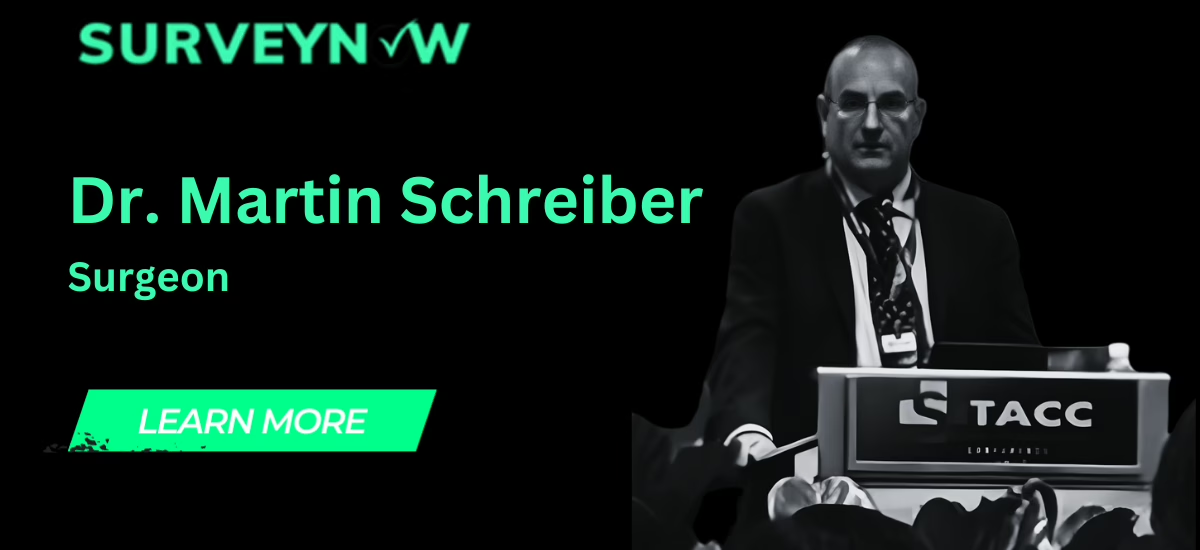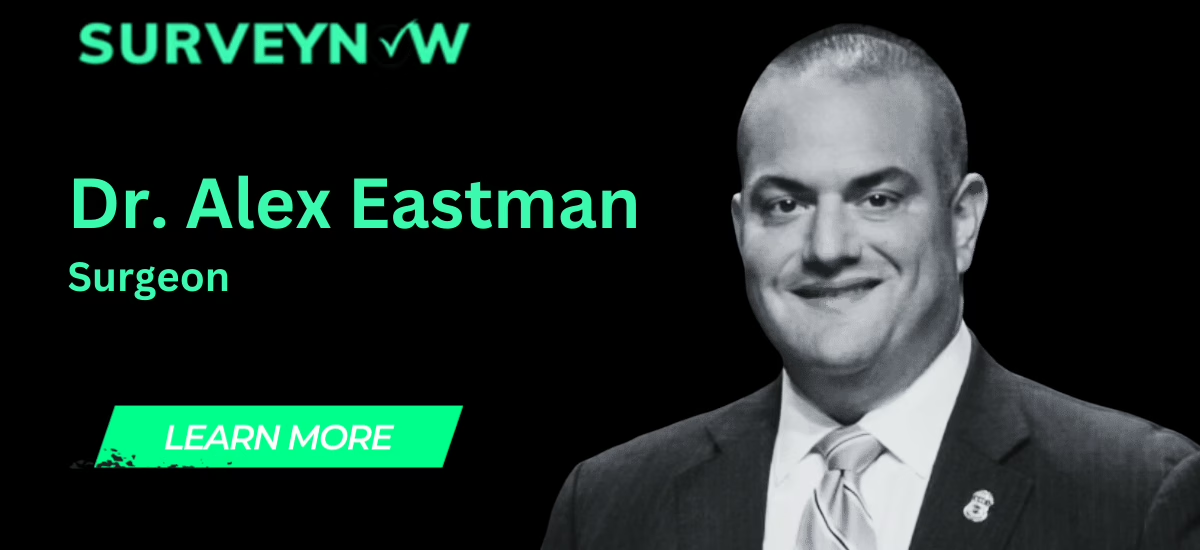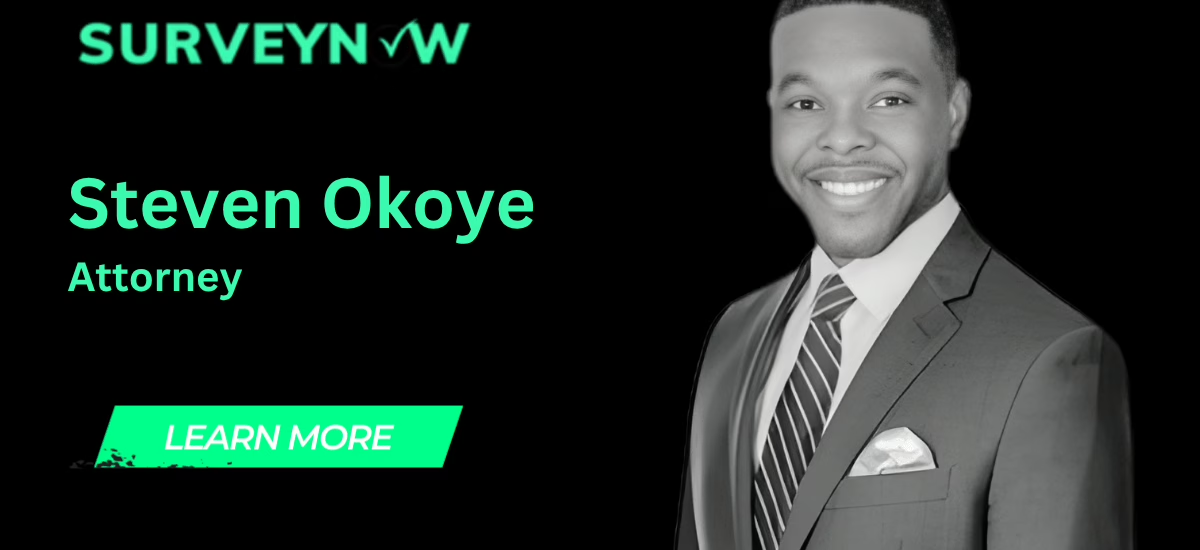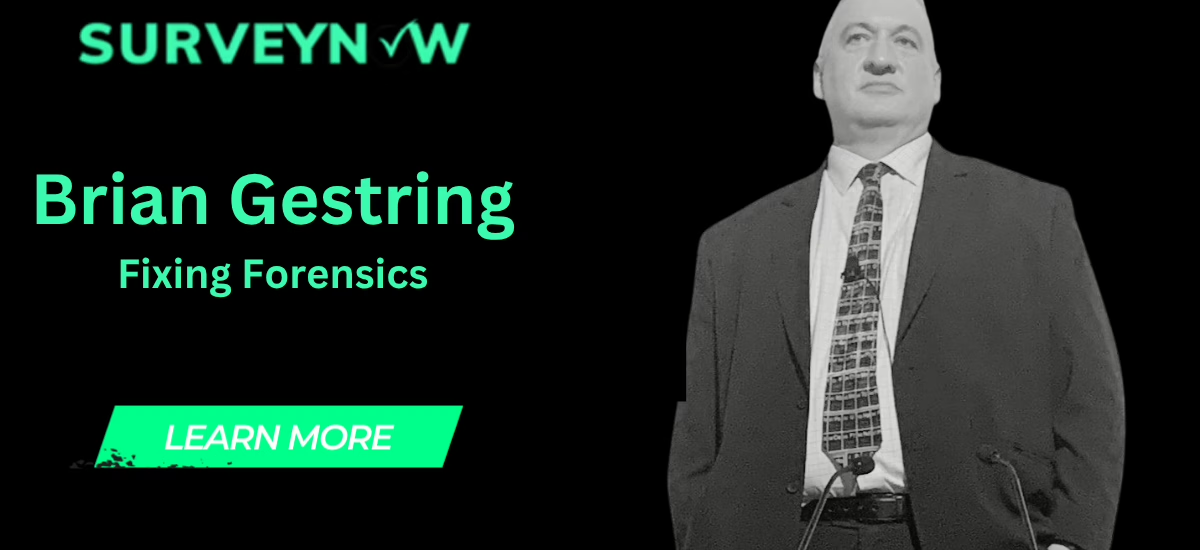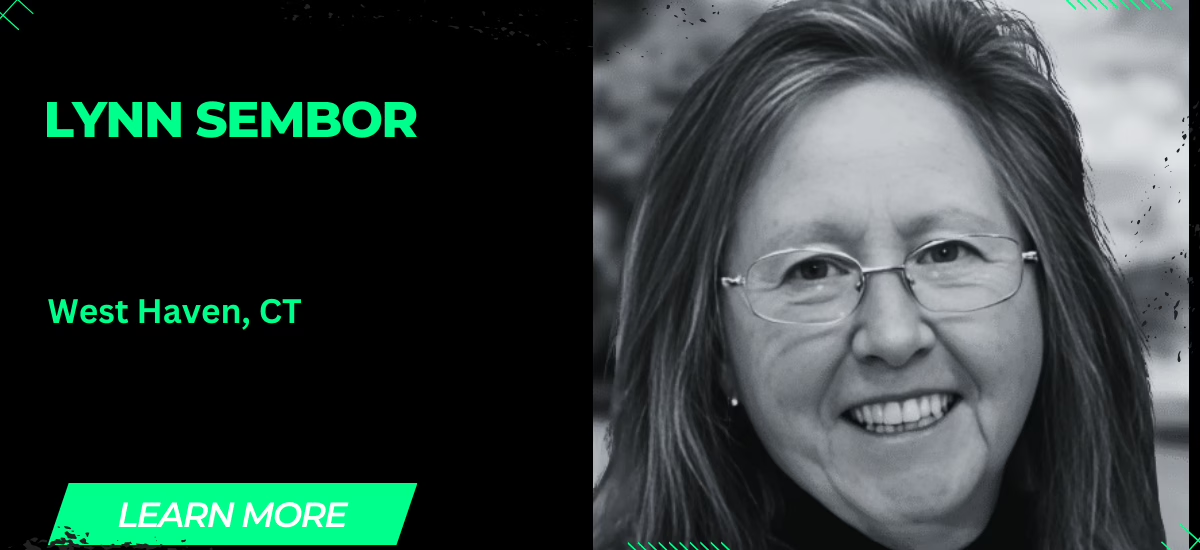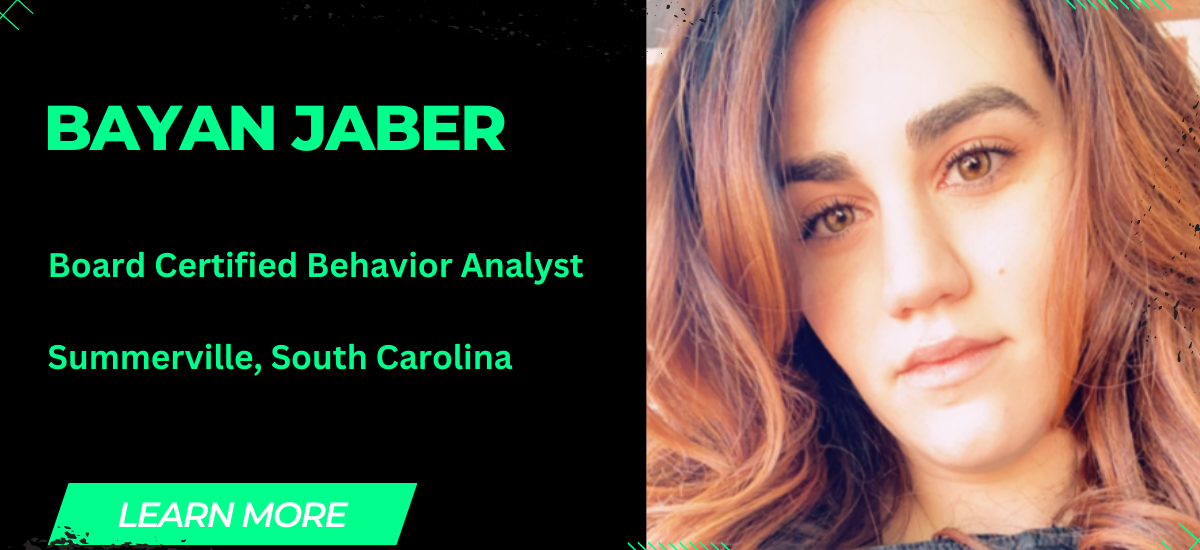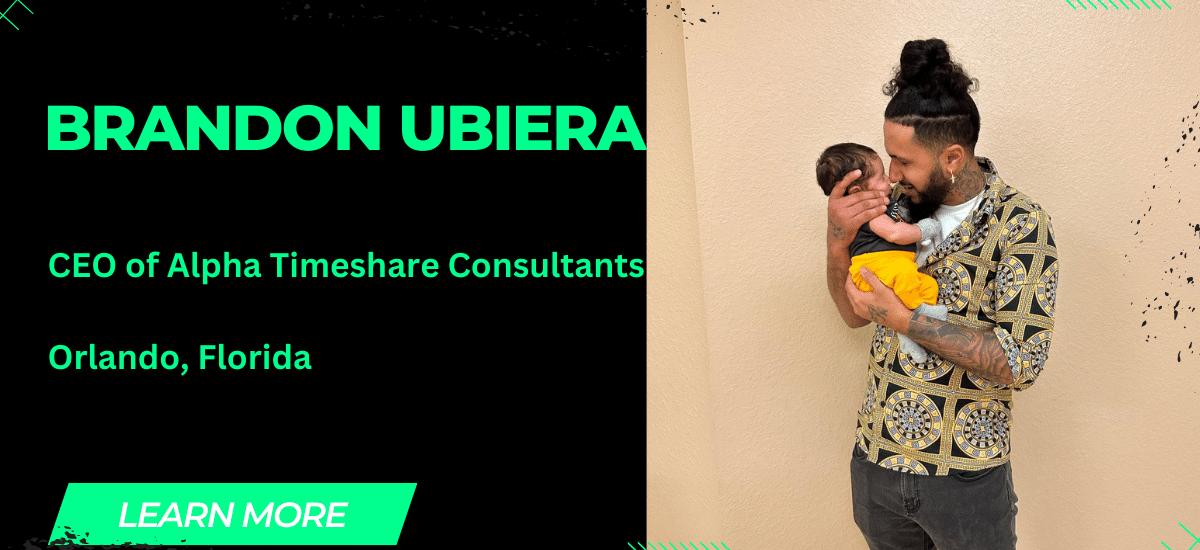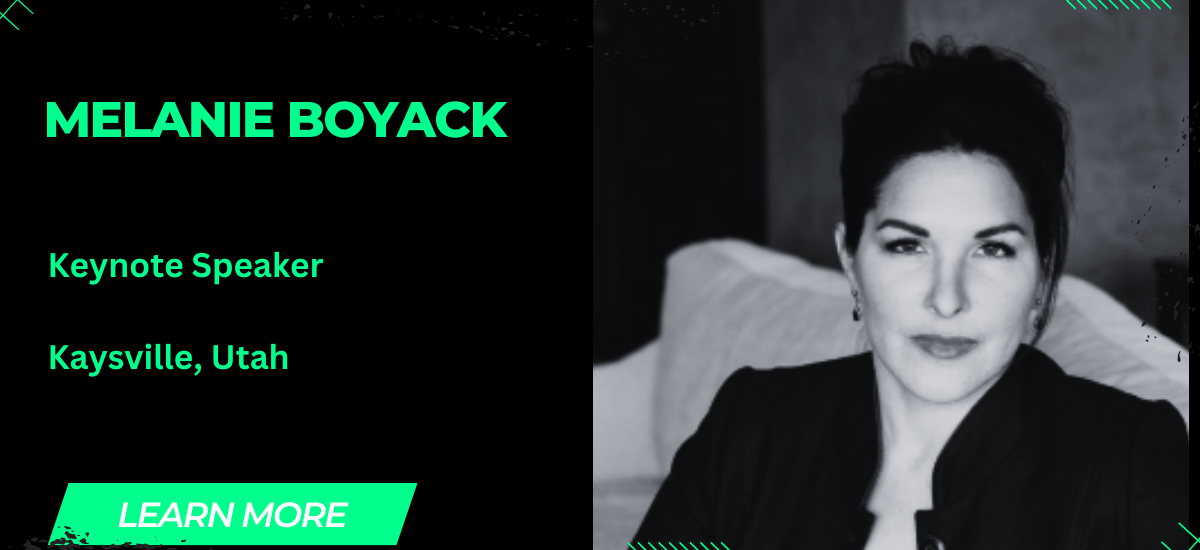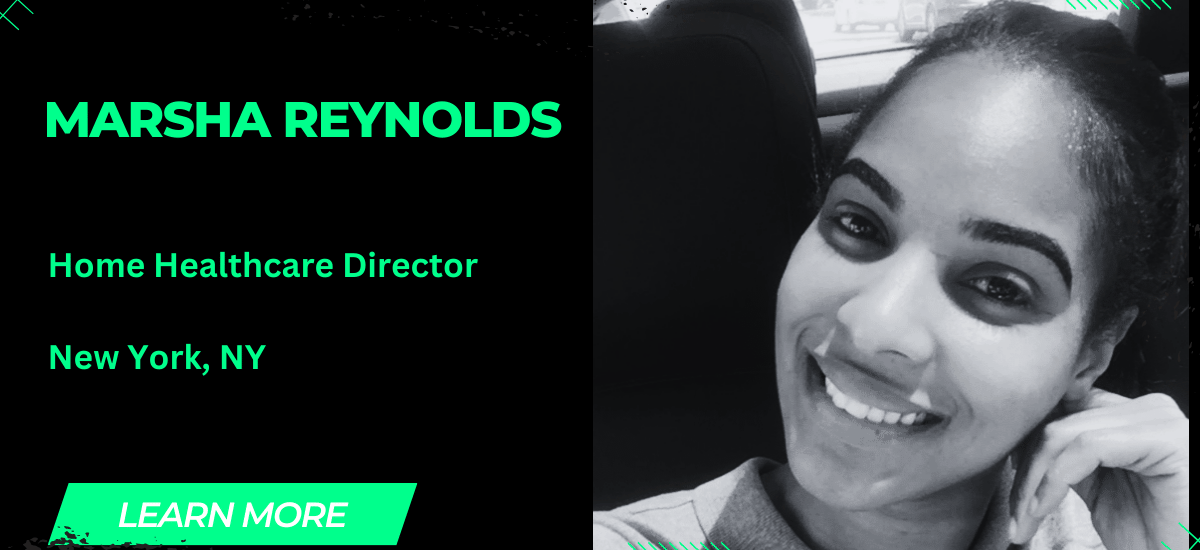Dr. Martin A. Schreiber on Trauma Care, Preparedness, and Saving Lives
Dr. Martin A. Schreiber has worked at the intersection of trauma surgery, military medicine, and academia for more than three decades. During that time, he has served in leadership positions within major civilian trauma centers,


